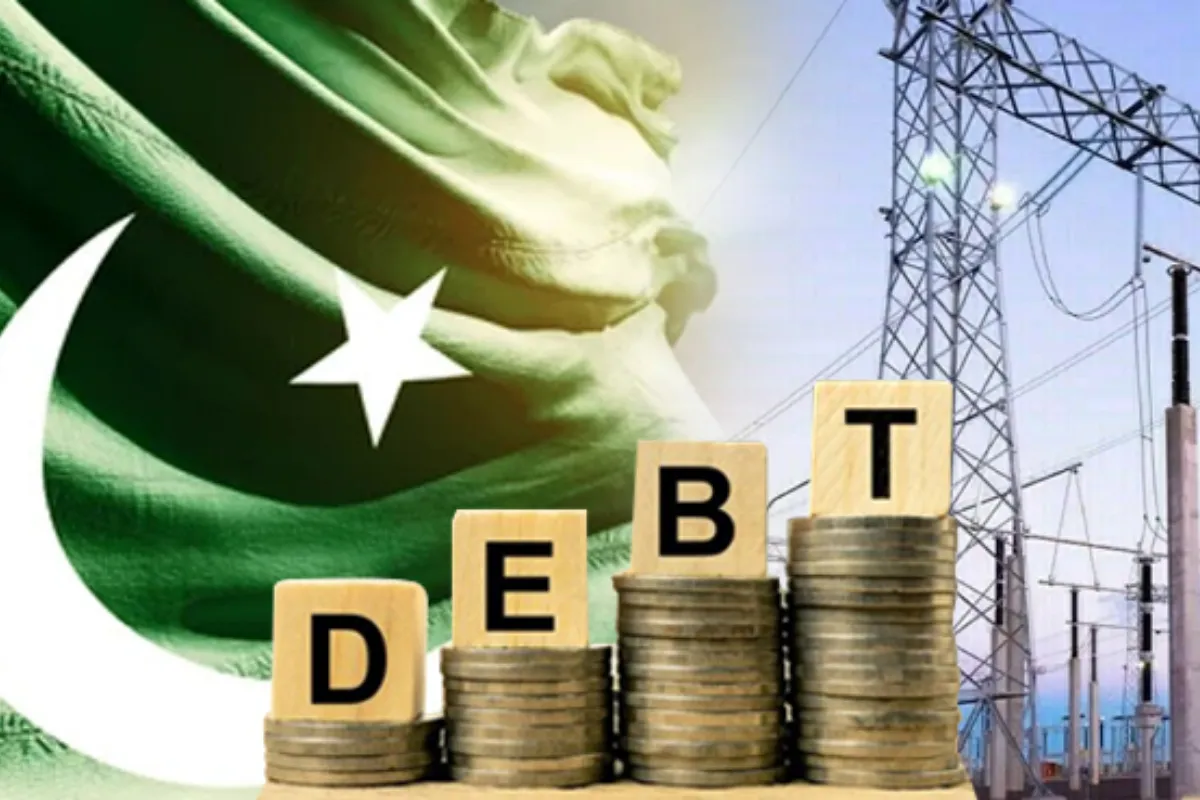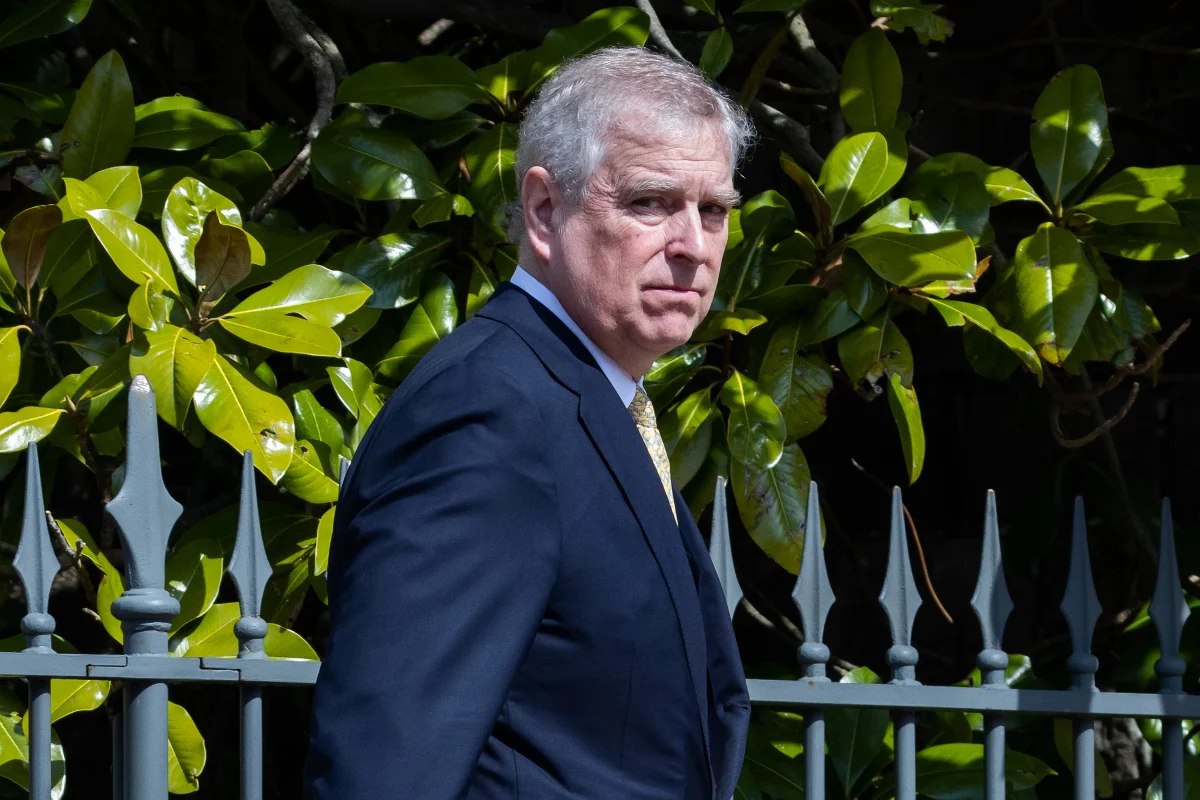Pakistan Achieves Landmark in Power Sector: Turning Point in Circular Debt Problem

Pakistan Achieves Landmark in Power Sector: Turning Point in Circular Debt Problem
Pakistan has achieved a landmark financial and structural breakthrough by addressing the longstanding Circular Debt (CD) problem in the power sector—without passing any additional burden onto electricity consumers.
At the center of this success is the Task Force on Energy, established by Prime Minister Muhammad Shehbaz Sharif, which has delivered one of the most important accomplishments in recent years.
What Has Been Achieved?
Circular Debt occurs when electricity consumers, power companies, and the government fail to make timely payments, causing unpaid bills to accumulate and weakening the power system.
To resolve this chronic issue of Pakistan circular debt:
A PKR 1,275 billion ($4.5 billion) Sharia-compliant financing package has been secured from a consortium of 18 domestic banks including MEBL, HBL, NBP, UBL, and others.
The financing is provided at a concessional rate of 3-month KIBOR minus 0.9%.
No new public debt will be created, and no additional surcharges will be charged to consumers.
Full repayment will come from the existing Debt Service Surcharge (DSS) of approximately PKR 3 per unit, which will remain for the next 5-6 years.
The funds will refinance PKR 683 billion owed by Power Holding Limited, with the rest to clear long-standing liabilities of Independent Power Producers.
These liabilities, previously carrying high costs (KIBOR +2% to +4.5%), will now be settled at much lower rates, reducing pressure on the fiscal and energy sectors.
Technical Structure
Limit: PKR 1,275 billion
Tenor: 6 years, paid in 24 quarterly installments
Annual Commitment: PKR 323 billion
Interest Rate Cap: 14%
Repayment Source: Existing DSS (no impact on taxpayers or new charges)
Who Made It Happen?
The Task Force initiated and negotiated this milestone with the financial sector.
Key contributors include Muhammad Ali (then SAPM on Power, now Advisor on Privatization), Lt. General Zafar Iqbal (National Coordinator of Task Force), Minister of Power Awais Leghari and his team.
The Minister of Finance & Revenue, Muhammad Aurangzeb, along with Secretary Finance Imdad Ullah Bosal, provided strong leadership and supervision.
The Pakistan Banks Association (PBA) played a crucial role by engaging with the 18 banks, Task Force, Ministry of Finance, and State Bank of Pakistan (SBP), bridging gaps to deliver a workable outcome.
SBP’s regulatory support and alignment were vital throughout, shaping this complex structure into a bankable solution.
The combined effort united energy resilience, fiscal discipline, and financial innovation into a single solution delivering relief and reform.
Sustainability Built In
To prevent future Circular Debt buildup, the government is implementing:
Enhanced governance and oversight
Technical loss reduction
Improved billing and revenue recovery
Privatization and operational restructuring of DISCOs for long-term viability
Turning Point for Pakistan’s Energy Economy
This decisive step demonstrates the government’s commitment to structural reform, market credibility, and relief for consumers and the budget.
It is a systemic solution based on firm cash flows, fund approval, and no additional burden on the public.
Read More: Rs473bn subsidy to power sector given last year despite economic crunch
Catch all the Pakistan News, Breaking News Event and Trending News Updates on GTV News
Join Our Whatsapp Channel GTV Whatsapp Official Channel to get the Daily News Update & Follow us on Google News.












